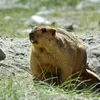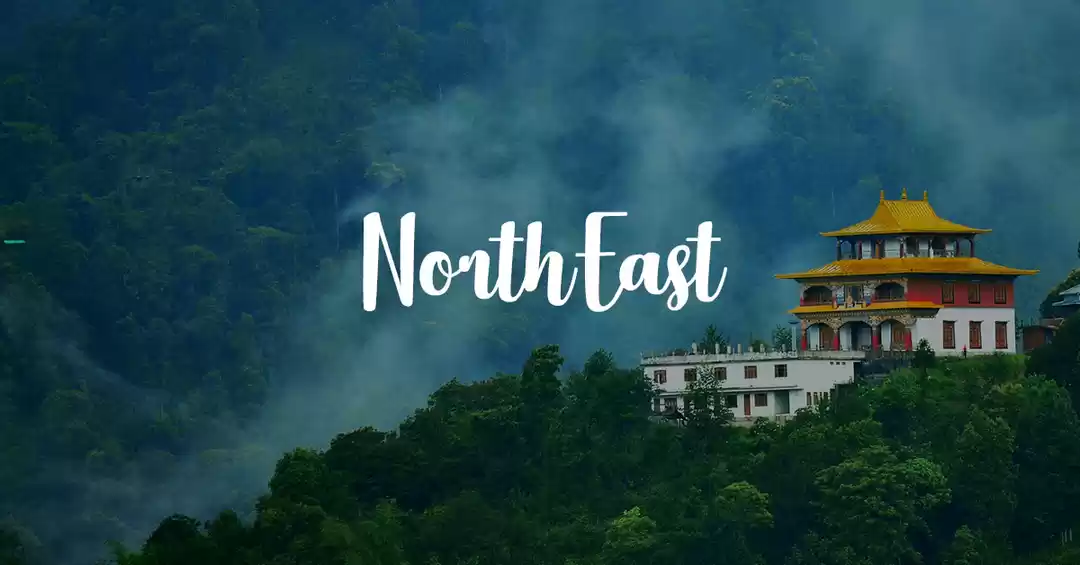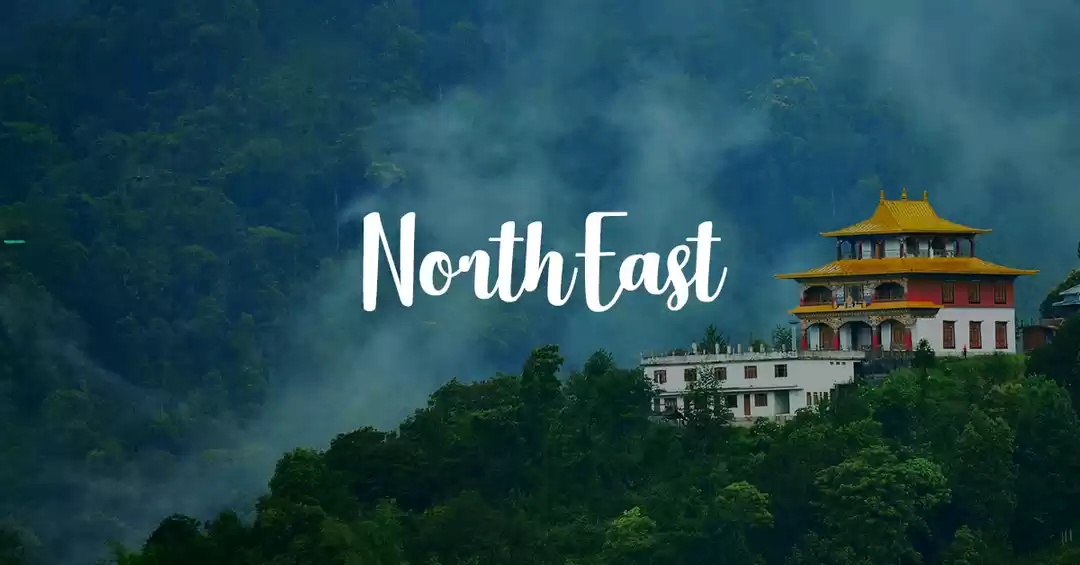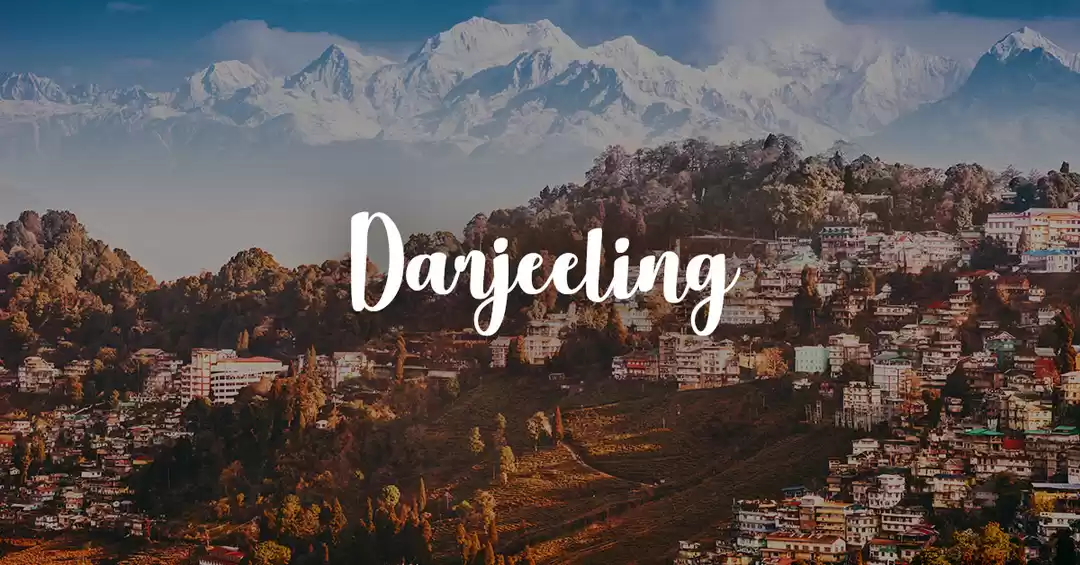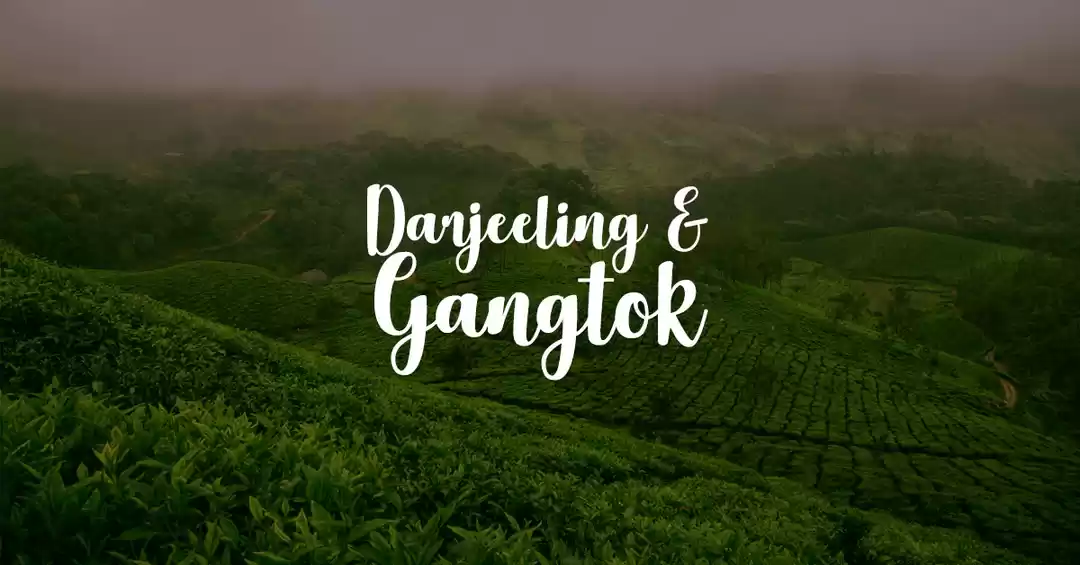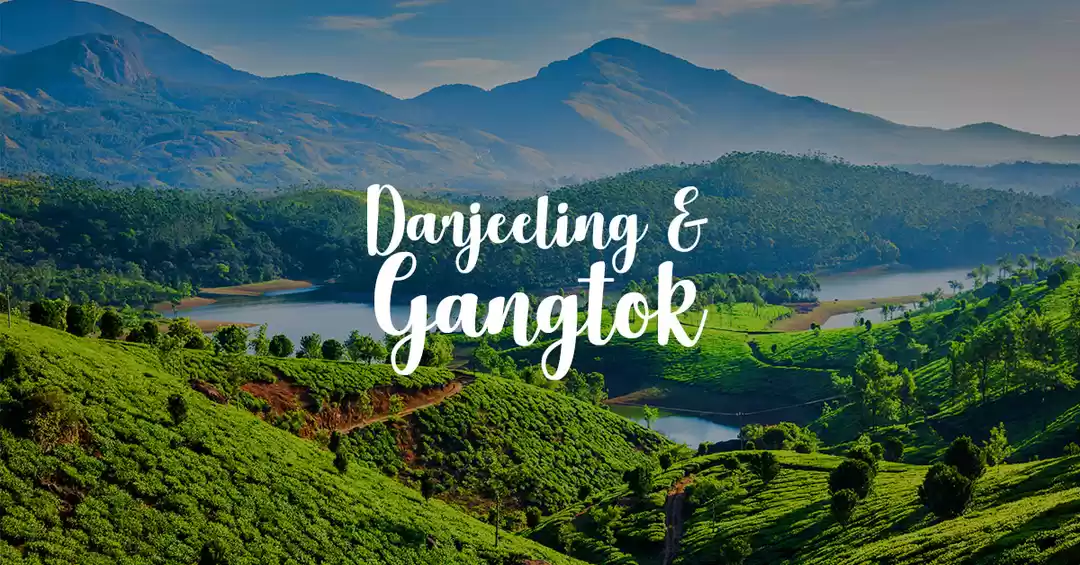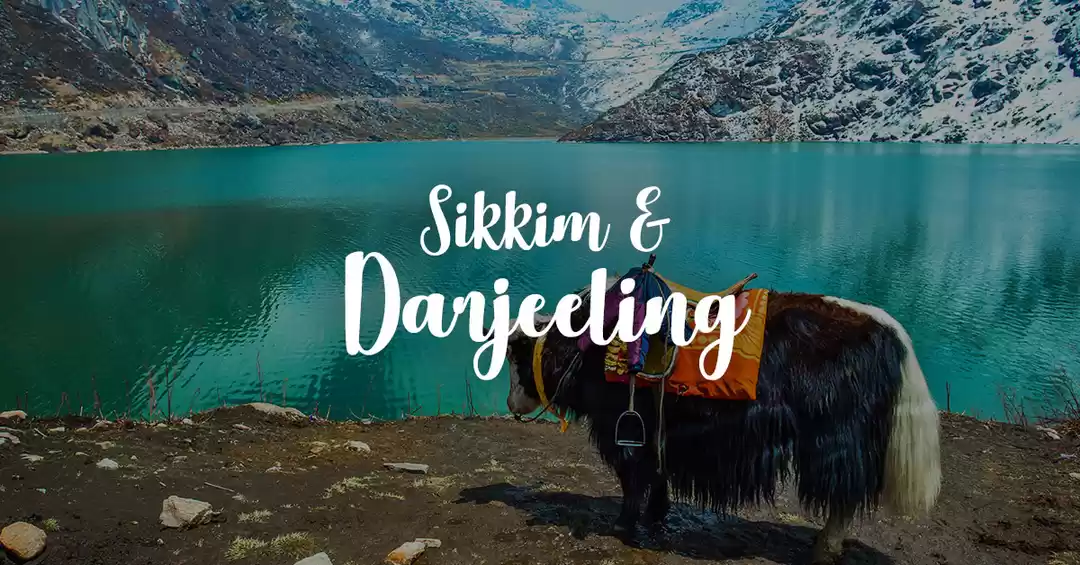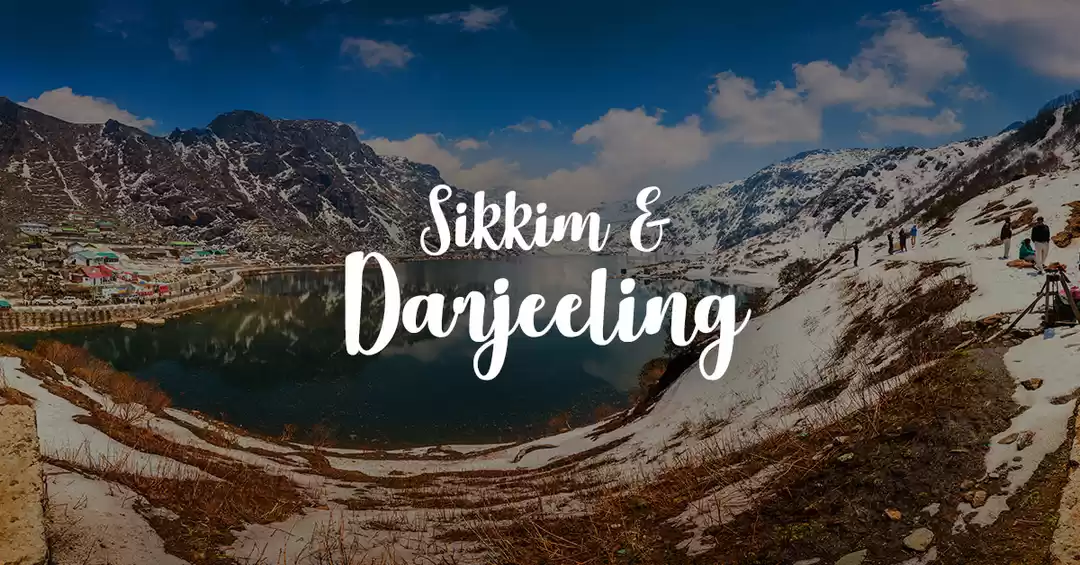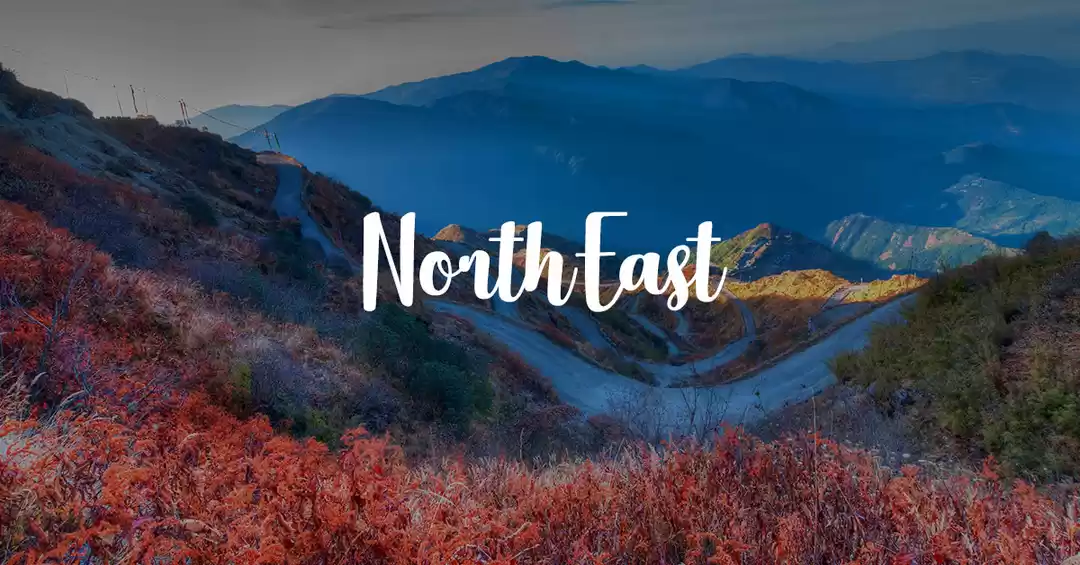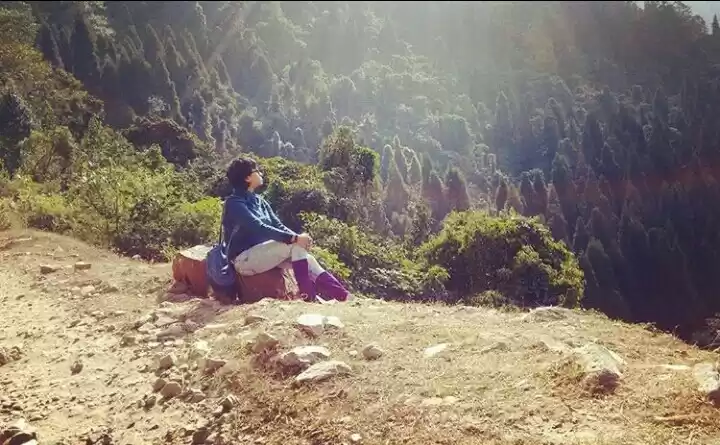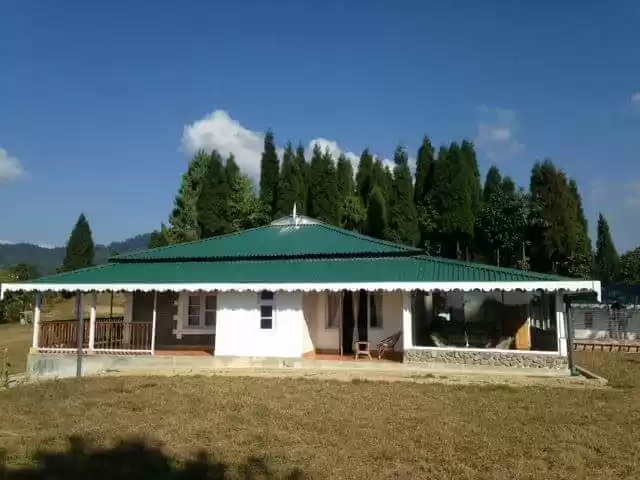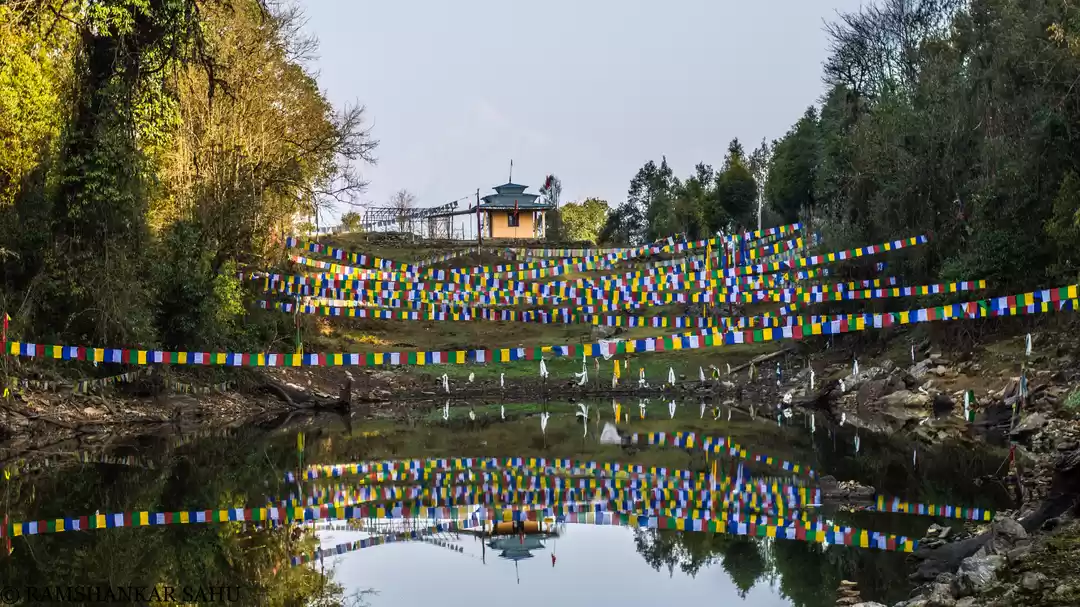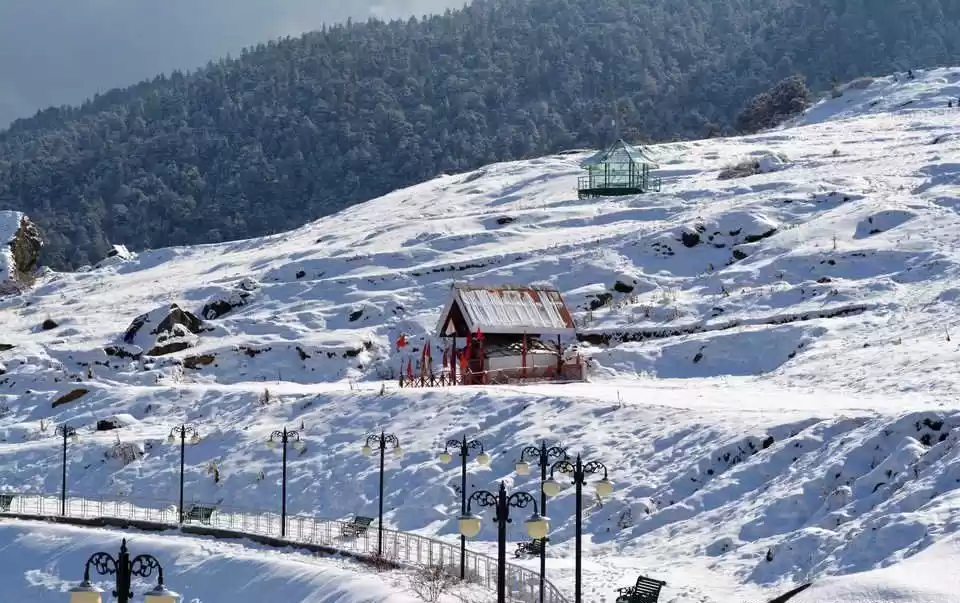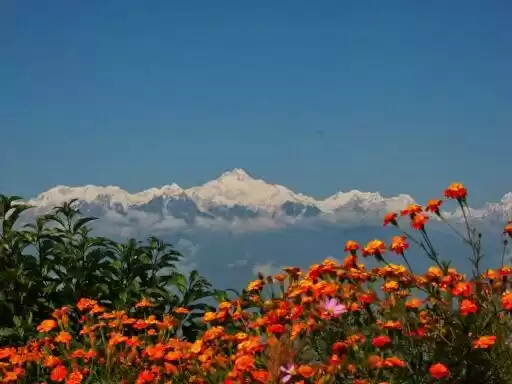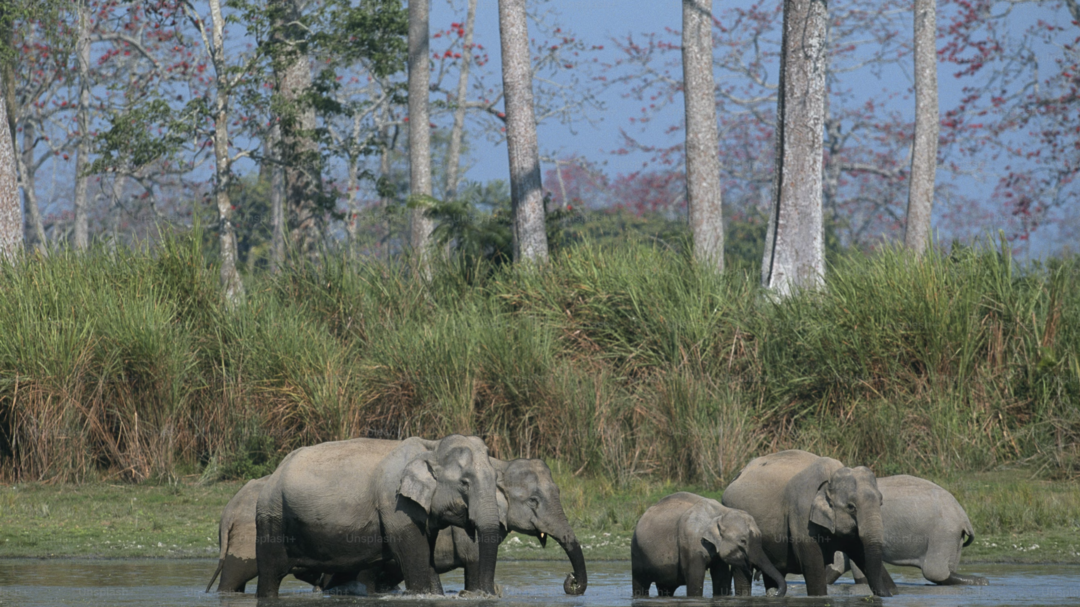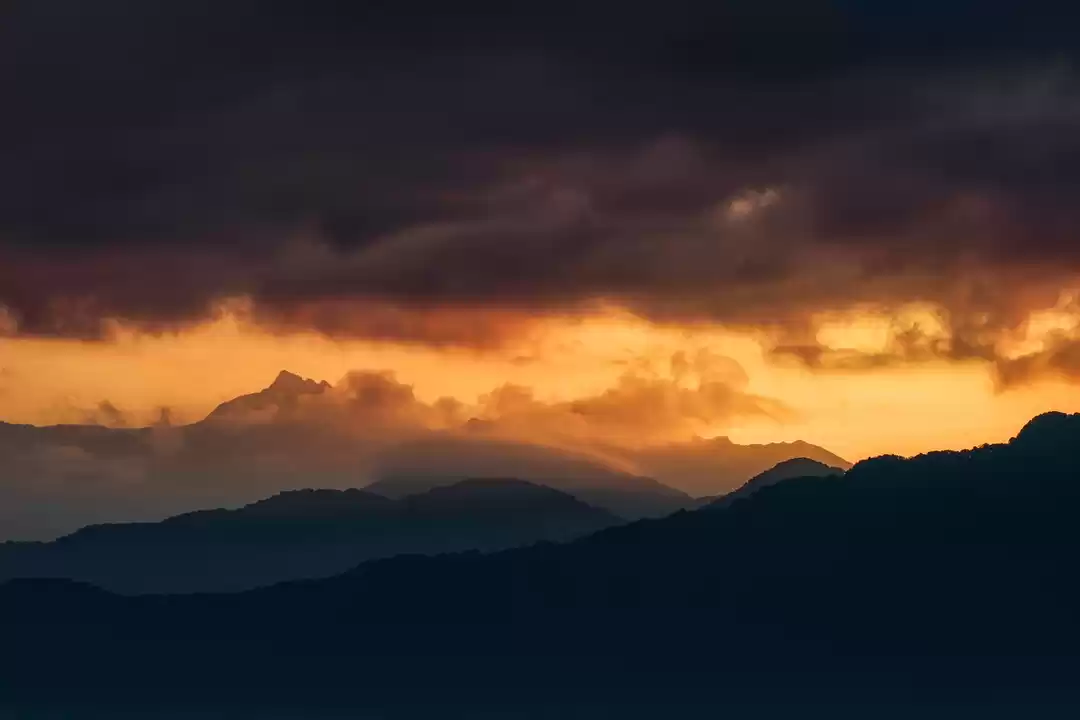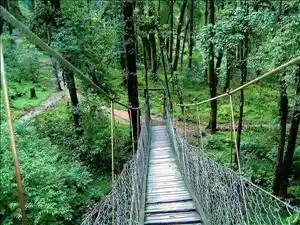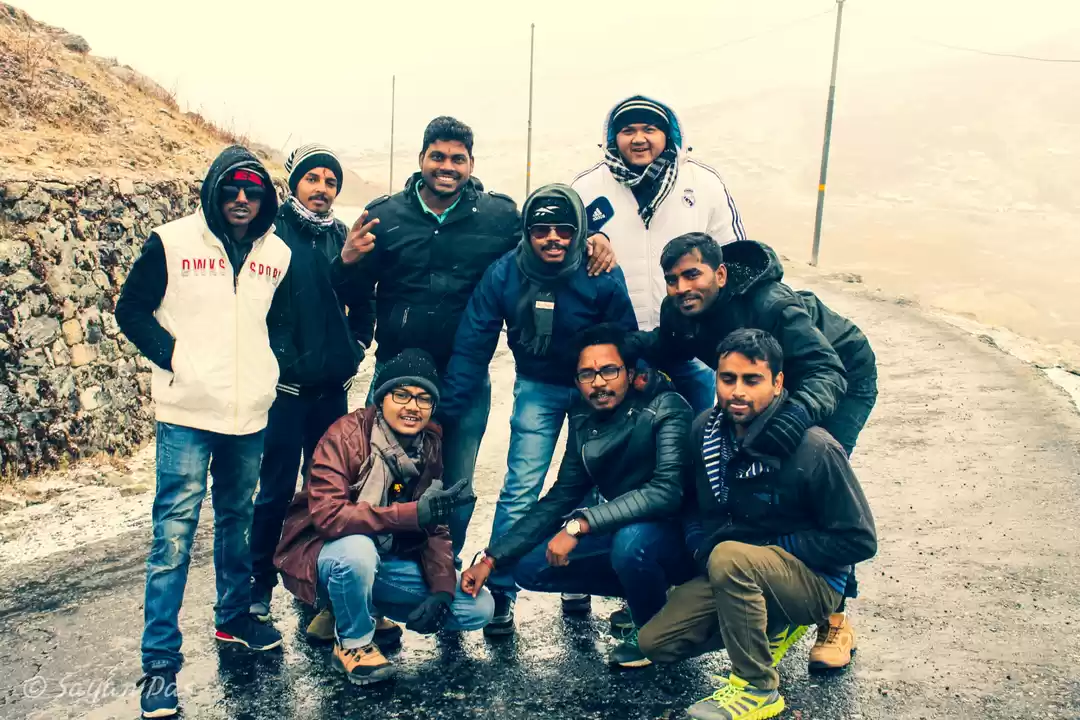
Neora Valley National Park is a treasure trove of flora and fauna. Lying in the eastern Himalayan Region, it offers a pristine ecosystem having amazing bio-diversity. Infact, it is also the home to a number of endangered plants, animals and birds. And when you have a trek route among these forests, you can experience the best of nature and her bounties. Rechela Peak is the highest peak in the Neora Valley National Park at an altitude of 3152 metre. The Rechela Pass is the actually the tri-junction of Bengal, Bhutan and Sikkim. The pass was actually a trade route between Sikkim and Bhutan.

The Rachela Pass Trek is an absolute visual treat. The trek begins near Mulkharka village, one of the most beautiful hamlets in the North Bengal region. The trek is through virgin forests of bamboo and pine that are hardly explored. The forests are thick and dense and you can really feel the silence of the forest here. And once you are at the Rachela top, you will be surrounded with rhododendron trees. Once at the Rachela top, you can get mesmerising views of the other important passes like the Jelep La and Nathu La, the Singalila and the Chola ranges. This unexplored trail through the Neora Valley National Park is actually a true gem and a perfect opportunity to get close to the nature.

Rachela Pass Trek itinerary
Mulkharka village is the base camp for the trek. The village is about 125 km from Siliguri. From Siliguri, you can take a car and reach Pitamchen. From here, you can take a four-wheel car to Mulkharka village. You can also trek about 5 km to the village through the lovely jungle trails. It will take around 3 km to reach the village.
Mulkharka Village to Bada Ramitey, 14 km
Start early in the morning. Trek starts from the village. 30 minutes into the trek and you will reach the beautiful Mulkharka lake. The climb from the Mulkharka village to the Lake is quite steep. The sight of the lake at 8000 ft is quite mesmerising. The magnificent reflection of Mt. Kanchenjunga falls on the lake, along with the nearby trees. The colour of the lake was infact determined by the shadows of the trees that fell on the lake. You will find it to be an emerald green coloured lake. This lake is considered pious among the villagers. The place is quite serene and you can easily find your inner peace here. On the other side of the lake, there is a small temple.

Start your hike from the lake and after a steep trek of about an hour, you will reach the Mulkharka Camp. This is a check post where the forests guards usually take shelter at the night. This is also the last point of water resource on the trekking route.
The trail now will follow through thick jungle. At times, the jungle will become so dense that you will be unable to see the sky amidst the canopy of trees. After about 4 hours of trek, you will finally reach Bada Ramitey, your halt for the night. Bada Ramitey had thick vegetation all around mainly comprising of bamboo forests.

Bada Ramitey to Rachela Top, 7 km
Get ready for another day of uphill trek. The trail will go through the dense Neora valley National Park. After a trek of about 2 hours, you will reach a place called Chitrai, where you will get the first glimpse of the Kanchenjunga ranges. You can enjoy the thrill of walking through a dense forest as well as get the wonderful views of Kanchenjunga.

Walking further, you will find that the trail divides into two – the right one goes to Alubari, while the other will take you to the Rachela Top. Take the left trail. Here the vegetation changes drastically from bamboo bushes to rhododendron trees. After a trek of another two hours, you will reach your destination, the Rachela pass. You can stay at the Trekkers’ Hut here for the night.

The Jorpokhri Lake is near the Rachela Top. Once you are at the top, you can visit the Jorpokhri Lake. This place is actually the border of two nations (India and Bhutan) as well as the border of two Indian states (Bengal and Sikkim). Enjoy some time at the lake and then return to the Trekkers Hut to enjoy the rest of the day.
Rachela to Zero Point (Alubari), 14 km
Get up early in the morning to view the magnificent sunrise over the Kanchenjunga ranges. If the skies are clear, you can view the Jelep La and the Nathu La passes along with the Bhutan hills. After this, get ready for a gradual descent to the Alubari camp. The trail will consist of gradual descent and walk through plains. Trek to Alubari will take about 2 hours.

Zero Point is another three and a half hours trek from the Alubari camp. The trek is an uphill one and through dense forest of bamboo and rhododendron trees. After half an hour of walk from the Alubari camp, you will reach the first watch tower. This tower is located beside the Neora river in a serene location. The second watchtower is about two and a half hours hike from the first one. The Zero Point is further away from the second watch tower.
The Zero Point is actually a plain land and the last place where four-wheels can reach from Lava. Rest for the night at Zero Point.

Zero Point to Lava, 12 km
Today is the last day of the trek. The trail is a descending one. Within one and a half hour of the trek, you will reach the Chaudapheri Camp. This is also a beautiful place with a beautiful resort and trekkers’ hut. If you do not want to stay at the Zero Point the previous day, you can come down here for better accommodation option. The Chaudapheri Camp is 5 km from the Zero Point.
Trek for another 7 km to reach Lava, the beautiful hamlet at the Kalimpong region. From Lava, you can take a car to Siliguri.

Trek Type: Moderate
Best Time to visit:
Like all Himalayan treks, the beauty of the place is different at different seasons. During the spring, you can see blooming rhododendrons. In winters, you will get clear views of the mountain ranges and the passes. Also, you might get snow at the Rachela Pass at the winter. For the bird watchers, this trek is attractive during the months of March to June.

How to Reach the Base Camp:
Mulkharka village is the base camp for the trek. The nearest airport is Bagdogra and the nearest railway Station is New Jalpaiguri (NJP).
Mulkharka village is about 125 km from NJP/Siliguri. From Siliguri, you can take a car and reach Pitamchen. From here, you can take a four-wheel car to Mulkharka village. You can also trek about 5 km to the village through the lovely jungle trails. It will take around 3 km to reach the village.

